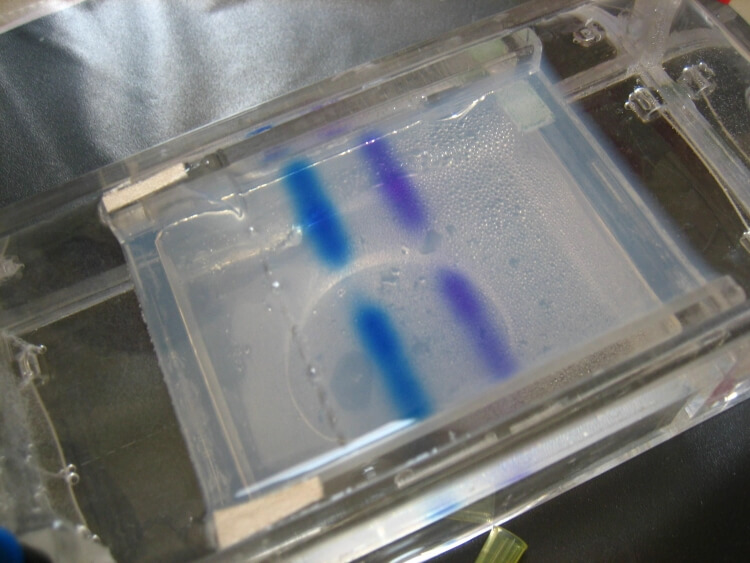3h
Pig ICAM1(Intercellular Adhesion Molecule 1) ELISA Kit
Pig ICAM1(Intercellular Adhesion Molecule 1) ELISA Kit
100ng/mL
Sandwich
2.67ng/mL
6.25-100ng/mL
CD & Adhesion molecule;Tumor immunity;Infection immunity;
ELISA Enzyme-linked immunosorbent assays Code 90320007 SNOMED
Pigs and the smaller guinea pigs are frequent used as models for humans.
CD54; BB2; P3.58; Human Rhinovirus Receptor; Major group rhinovirus receptor
E05 478 566 350 170 or Enzyme-Linked Immunosorbent Assays,E05 478 566 350 170 or Enzyme-Linked Immunosorbent Assays
cell adhesion molecules play a role in cell growth and activation and are often identified by WB or ELISA as in the ICAM1(Intercellular Adhesion Molecule 1) ELISA Kit.Whole adhesion and interacting molecules are present in lysates used as reference for ELISA quantification of these molecules and their subunits.
The test principle applied in this kit is Sandwich enzyme immunoassay. The microtiter plate provided in this kit has been pre-coated with an antibody specific to Intercellular Adhesion Molecule 1 (ICAM1). Standards or samples are then added to the appropriate microtiter plate wells with a biotin-conjugated antibody specific to Intercellular Adhesion Molecule 1 (ICAM1). Next, Avidin conjugated to Horseradish Peroxidase (HRP) is added to each microplate well and incubated. After TMB substrate solution is added, only those wells that contain Intercellular Adhesion Molecule 1 (ICAM1), biotin-conjugated antibody and enzyme-conjugated Avidin will exhibit a change in color. The enzyme-substrate reaction is terminated by the addition of sulphuric acid solution and the color change is measured spectrophotometrically at a wavelength of 450nm ± 10nm. The concentration of Intercellular Adhesion Molecule 1 (ICAM1) in the samples is then determined by comparing the O.D. of the samples to the standard curve.
